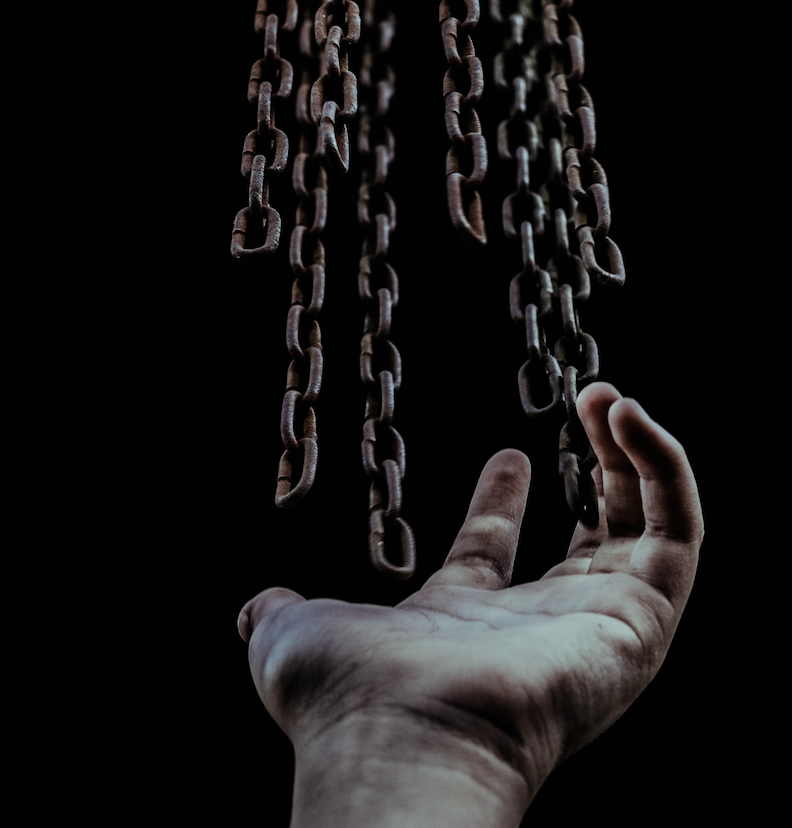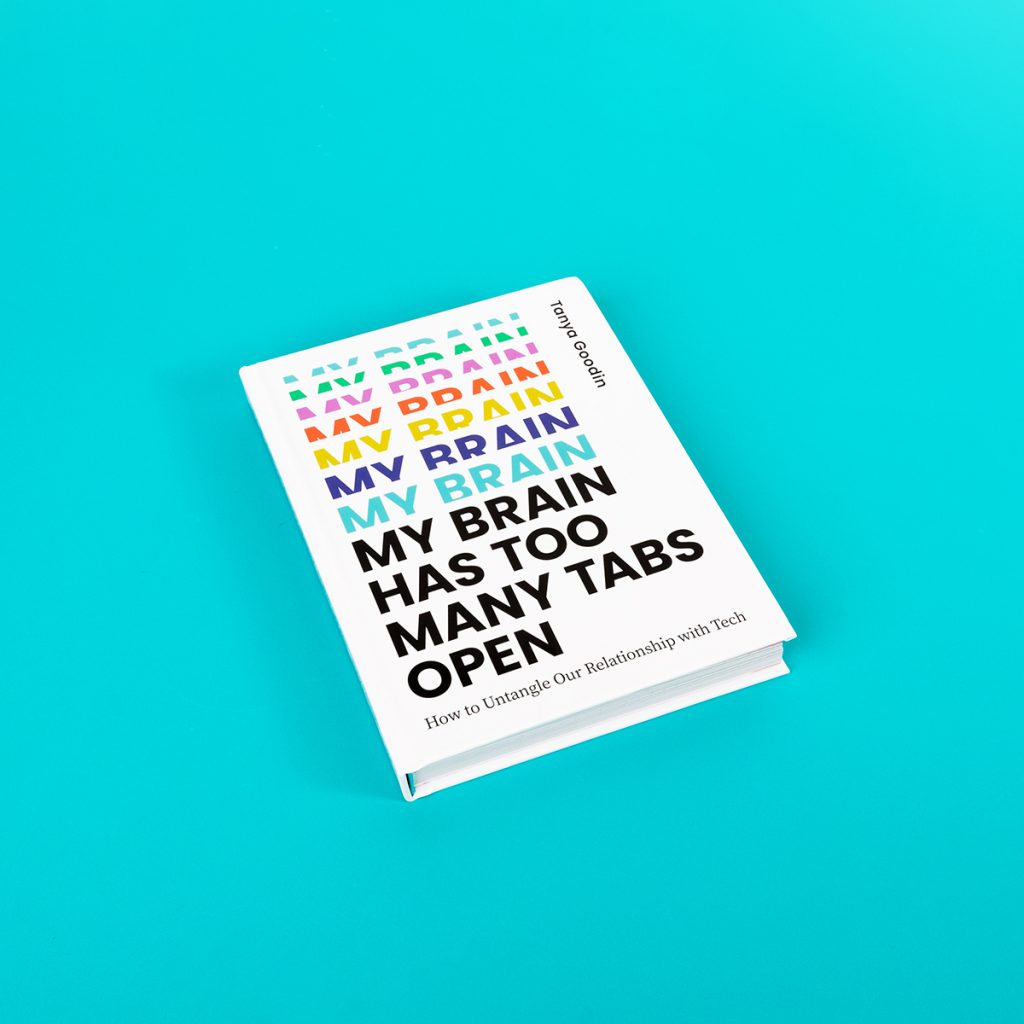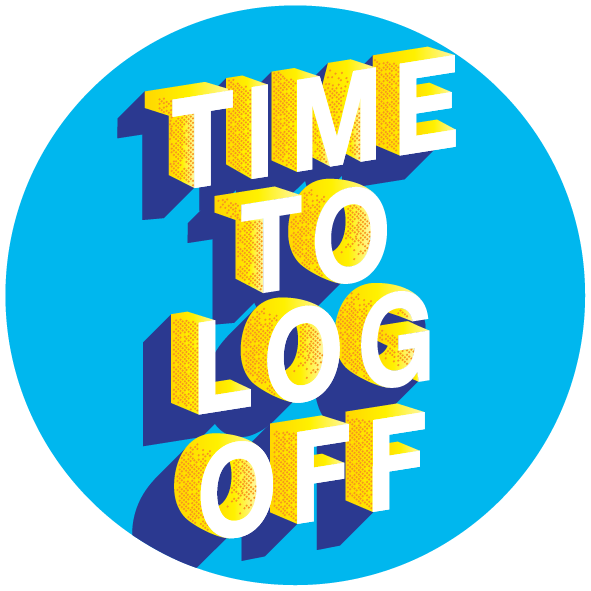
10 Jan 7 keys to freedom from social media addiction
For many people social media has become an unhealthy obsession. Constantly checking your phone and scrolling through your feed can take up valuable time and energy, and it can even lead to feelings of anxiety, depression, and low self-esteem. If you feel like your social media habits are starting to take over your life, here are seven clever keys to unlock freedom from social media addiction and take back control:
- Set limits on your usage: One of the easiest ways to reduce your social media intake is to set limits on the amount of time you spend on these platforms. There are a number of apps and tools that can help you do this, such as Freedom, Cold Turkey, and StayFocusd. These tools allow you to block certain websites or apps for a set period of time, so you can focus on other tasks without the distraction of social media.
- Take breaks from your phone: In addition to setting limits on your social media usage, it can also be helpful to take regular breaks from your phone altogether. Try setting aside specific times of the day when you will not use your phone, such as during meal times or before bed. This will give you the opportunity to disconnect and engage in other activities, such as reading a book or spending time with loved ones.
- Find other ways to connect: Social media can often give us the false impression that we are more connected to others than we really are. To combat this, try to find other ways to connect with people in your life. This could be through face-to-face conversations, phone calls, or participating in activities you enjoy together. By building deeper, more meaningful connections with others, you will be less reliant on social media for social interaction.
- Practice mindfulness: Mindfulness is the practice of paying attention to the present moment without judgment. When it comes to social media, this means being fully present and engaged with what you are doing, rather than mindlessly scrolling through your feed. To practice mindfulness, try setting aside a few minutes each day to simply sit and focus on your breath. You can also try using apps like Headspace or Calm to guide you through mindfulness exercises.
- Use social media for good: Instead of using social media as a source of distraction or entertainment, try using it to do something positive. This could be sharing articles or information that you find interesting or inspiring, participating in online communities centered around a cause you care about, or simply being a supportive and positive presence for your friends and followers.
- Find other hobbies and interests: One of the benefits of reducing your social media usage is that you will have more time and energy to pursue other interests and hobbies. Whether it’s reading, painting, or playing a musical instrument, finding activities that bring you joy and fulfillment can help to reduce your reliance on social media for entertainment and fulfillment.
- Seek support: If you are struggling to reduce your social media usage on your own, it can be helpful to seek support from others. This could be through therapy, support groups, or simply talking to friends and loved ones about your struggles. By reaching out for help, you can gain the insights and resources you need to break your social media addiction and live a happier, healthier life.
Social media addiction can be a difficult habit to break, but with the right strategies and support, it is possible to take control of your usage and find a healthier balance. Whether it’s setting limits on your usage, finding other ways to connect with people, or pursuing other hobbies and interests, there are many ways to tackle your social media addiction and live a more fulfilling life.
Which is the most important step?
It’s difficult to decide which of our seven keys to freedom from social media addiction is the most powerful. Different strategies may work better for different people. However, the key that may be particularly helpful is to set limits on your social media usage. By setting specific times of the day when you will not use your phone or access social media, you can create healthy boundaries and reduce your reliance on these platforms. This can be especially helpful for those who find themselves constantly checking their phone or scrolling through their feed, as it provides a clear structure and helps to reduce the temptation to engage in these behaviours. And, setting limits also helps you to be more mindful of your social media usage and to make more intentional choices about when and how you use the platforms.

For more about improving your relationship with social media, check out our book ‘My Brain has Too Many Tabs Open‘.






Sorry, the comment form is closed at this time.